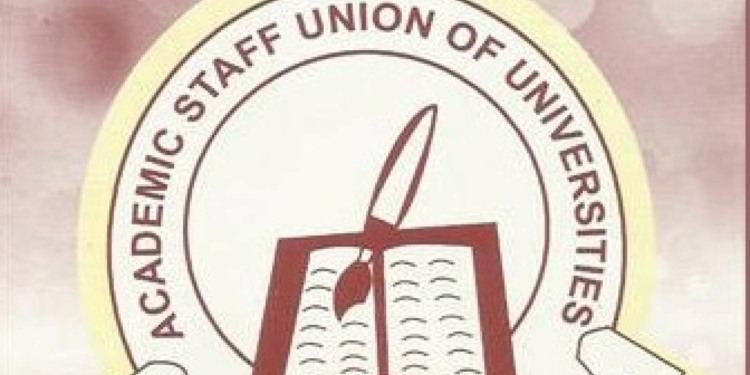- TETFUND’s allocation further reduces to 66.67% for the assessment years 2027 to 2029
- ASUU announced plans to engage with key stakeholders, including the National Assembly
The Academic Staff Union of Universities (ASUU) has expressed concern over the Federal Government’s proposed Nigeria Tax Reforms Bills 2024, which aim to reduce and ultimately eliminate funding for the Tertiary Education Trust Fund (TETFUND).
Speaking at a press conference in Kano, Professor Abdulkadir Muhammad, ASUU-Kano Zonal Coordinator, warned that the bill’s passage would effectively dismantle TETFUND and shift the responsibility to the newly established Nigerian Education Loan Fund (NELFUND).
“Section 59(3) of the Nigeria Tax Bill (NTB) 2024 states that only 50% of the development levy will be allocated to TETFUND in 2025 and 2026, with the remainder shared between NITDA, NASENI, and NELFUND,” Muhammad highlighted.
“TETFUND’s allocation further reduces to 66.67% for the assessment years 2027 to 2029, and it is set to receive 0% from 2030 onward.”
He emphasized that TETFUND was originally proposed by ASUU in 1992 to ensure sustainable funding for Nigerian public education.
The fund has since played a crucial role in financing university infrastructure, research, library development, staff training, and conference attendance.
Muhammad urged state governors to consider TETFUND’s contributions beyond just VAT revenue sharing, pointing out that the fund has supported state-owned universities with critical infrastructure while leaving state governments primarily responsible for paying salaries.
ASUU announced plans to engage with key stakeholders, including the National Assembly, to prevent the bill’s passage.
The union called on Nigerians to pressure the government to continue funding education responsibly.
The ASUU-Kano Zone comprises Ahmadu Bello University (ABU), Bayero University Kano (BUK), Kaduna State University (KASU), Aliko Dangote University of Science and Technology Wudil, Federal University Dutse, Yusuf Maitama Sule University Kano, and Sule Lamido University Kafin Hausa.








Discussion about this post